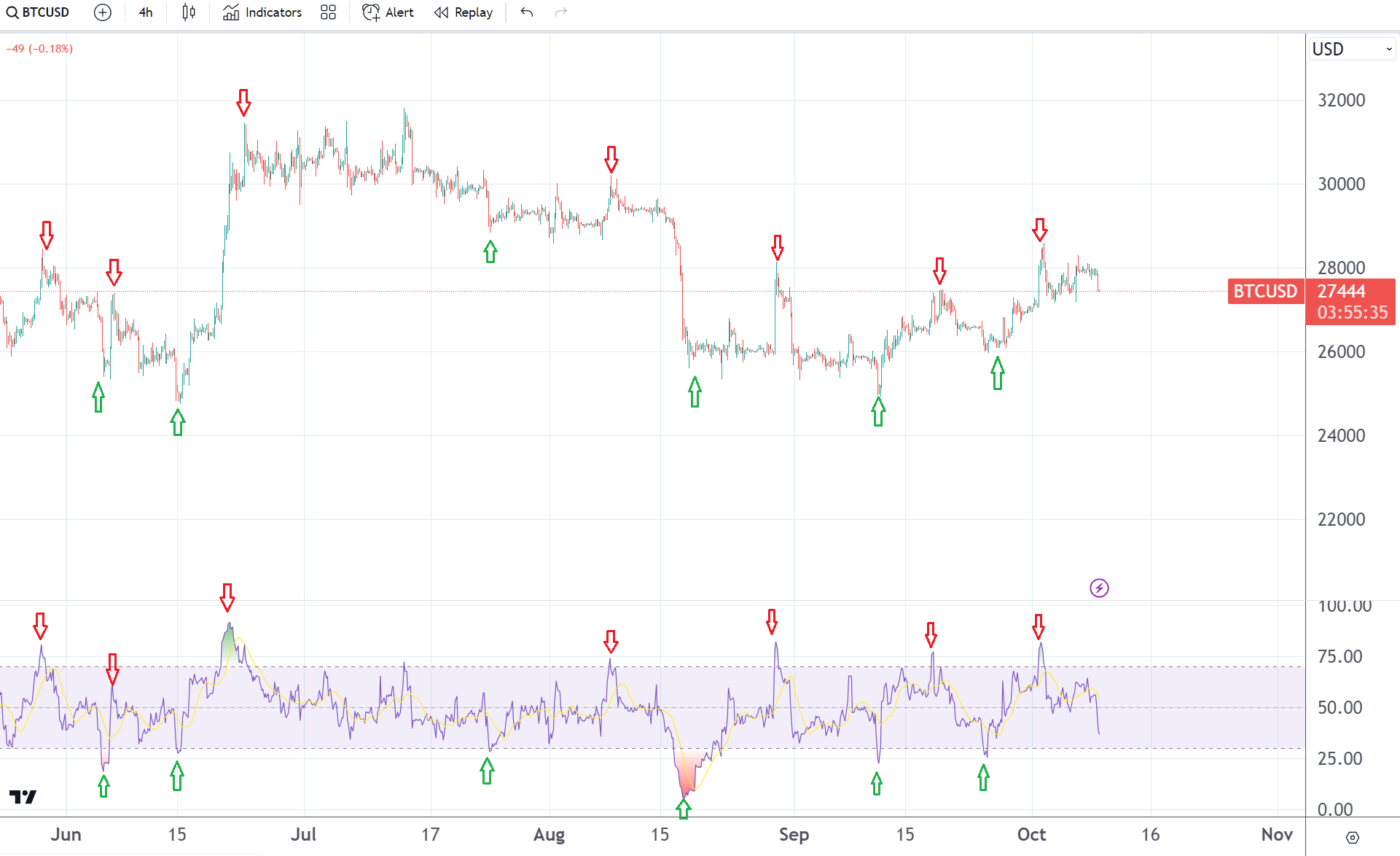- The Netherlands is known to have very elaborate and strict crypto regulations that require companies to register to be allowed to offer crypto services.
- Binance was fined $3.4 million by the Dutch central bank in July 2022 and Coinbase was also fined €3.3M in January 2023 for failing to comply.
- Some crypto companies like Crypto.com have successfully registered to offer crypto services in the Netherlands.
The Dutch regulatory landscape, characterized by strong yet transparent regulations, has attracted global players while simultaneously maintaining the integrity of the financial system. Crypto.com’s recent approval in the Netherlands is a testament to the country’s status as a strong and welcoming market for cryptocurrency enthusiasts and businesses.
The story of how the Netherlands achieved this status is a compelling tale of careful regulatory oversight and a burgeoning crypto industry. In recent years, the Netherlands has emerged as a crypto-friendly haven, with a regulatory framework that encourages innovation while safeguarding against potential risks.
One notable example of this regulatory approach was the case of Binance, one of the world’s largest cryptocurrency exchanges. When Binance sought regulatory approval to operate in the Netherlands, it faced a roadblock and the Dutch regulators, under the Central Bank’s oversight, did not approve due to concerns over compliance and customer protection. Binance subsequently chose to withdraw its services from the Dutch market.
Coinbase, another global crypto exchange company was fined $3.60 million by the Dutch Central Bank for failing to comply with the domestic regulations. These incidents highlight the country’s commitment to upholding stringent regulatory standards, even at the cost of losing major players in the crypto space.
Netherlands’ crypto casino market
One sector that has thrived within this regulatory framework is the crypto casino industry. Crypto casinos in the country have seen positive growth over the last few years, offering a secure and anonymous platform for users to engage in online gambling using cryptocurrencies.
The Dutch government has recognized the potential of this industry and has taken a proactive approach by implementing regulations that ensure fair play, prevent money laundering, and protect consumers. As a result, crypto casinos have flourished within a regulated environment, attracting both domestic and international players.
Perhaps one of the most significant factors contributing to the Netherlands’ rise as a crypto casino and crypto hub is the legal status of cryptocurrencies in the country. Unlike some nations that have taken a more restrictive stance on digital assets, the Netherlands has chosen to embrace cryptocurrencies fully. There are currently no regulations that explicitly prohibit the use or trading of crypto assets in the country. This legal clarity has encouraged crypto startups and established players to establish a presence in the Dutch market, driving innovation and investment in the sector.
In addition, the Dutch government has introduced a licensing system for cryptocurrency service providers, including exchanges and wallet providers. This licensing system, overseen by the Dutch Central Bank, ensures that these entities comply with strict anti-money laundering (AML) and know-your-customer (KYC) requirements. It not only adds a layer of security for users but also reinforces the government’s commitment to maintaining a transparent and compliant crypto ecosystem.
The Netherlands has demonstrated that it is possible to strike a balance between embracing cryptocurrency and maintaining robust regulatory oversight. The Dutch regulatory body, De Nederlandsche Bank (DNB), has played a crucial role in fostering this environment. It has actively engaged with the crypto industry, seeking input and feedback from stakeholders to create a regulatory framework that meets the needs of both businesses and consumers.
The post How the Netherlands is turning into a crypto hub appeared first on CoinJournal.


